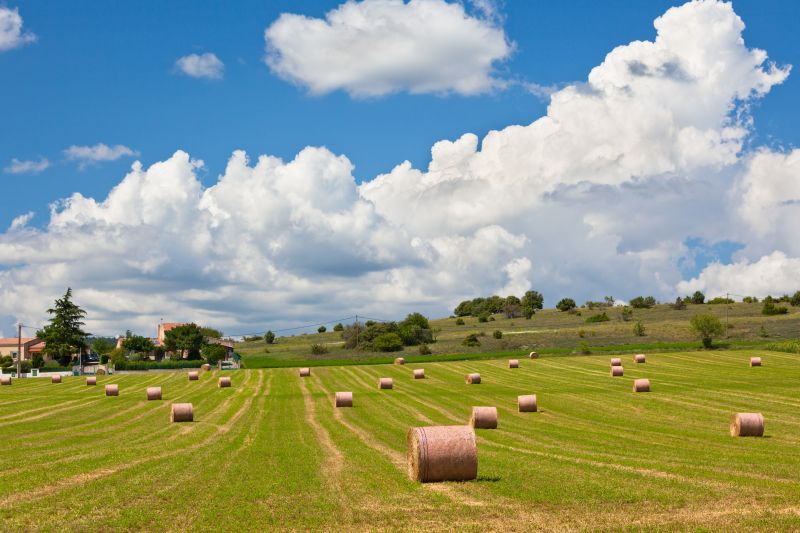
EU farming organisations have been urged to lobby their governments to ensure a sensible Brexit agreement that benefits all those in the agri-food supply chain.
The Country Land and Business Association's (CLA) President, Tim Breitmeyer has written to members of the European Landowners’ Organisation (ELO) analysing the trade implications of a no deal for agriculture.
He urged his counterparts in EU member states to engage with government departments to stress the effects of a no-deal scenario for both UK and EU farmers in the agri-food supply chain.
Commenting on the letter, he said farmers and other rural businesses "rely heavily" on frictionless trade and movement of goods across EU borders.
“A future relationship which imposes barriers to trade or excludes agri-food would put at risk farming businesses both here and in the EU and have a devastating impact across our wider rural economies," Mr Breitmeyer said.
“I have written to farming colleagues across Europe encouraging them to put pressure on their own governments so that the UK and EU can come to a sensible withdrawal deal.
He added: “It must be in everyone’s best interest to guarantee free trade post-Brexit, so that all involved in the agri-food supply chain can continue to benefit.”
'Significant uncertainty'
The letter from the CLA President sets out the trade implications for the UK and EU if no deal has been reached.
Under such a scenario, the UK would have to trade under World Trade Organisation (WTO) Most Favoured Nation (MFN) status with the EU automatically applying its external common customs tariff on UK exports.
Mr Breitmeyer said this would cause "significant uncertainty" in the market place, leading to "negative economic consequences" in the short to medium term.
The imposition of customs controls could also lead to increases in costs in the supply chain for both exports and imports, with a probable tariff equivalent cost of over 4%.
Costs on goods such as meat will be substantially higher at more than 10%, Mr Breitmeyer added.
This would be under a backdrop of government policy chasing cheap food and retailers’ desire to keep prices low, which could put significant downward pressure on producer price in certain sectors, most notably for lamb.
Lastly, global factors suggesting a reduction in growth in China and South East Asia in 2019 and the imposition of US tariffs on Chinese goods could lead to a global recession in 2020, thus exacerbating the adverse impacts of a no deal Brexit.
